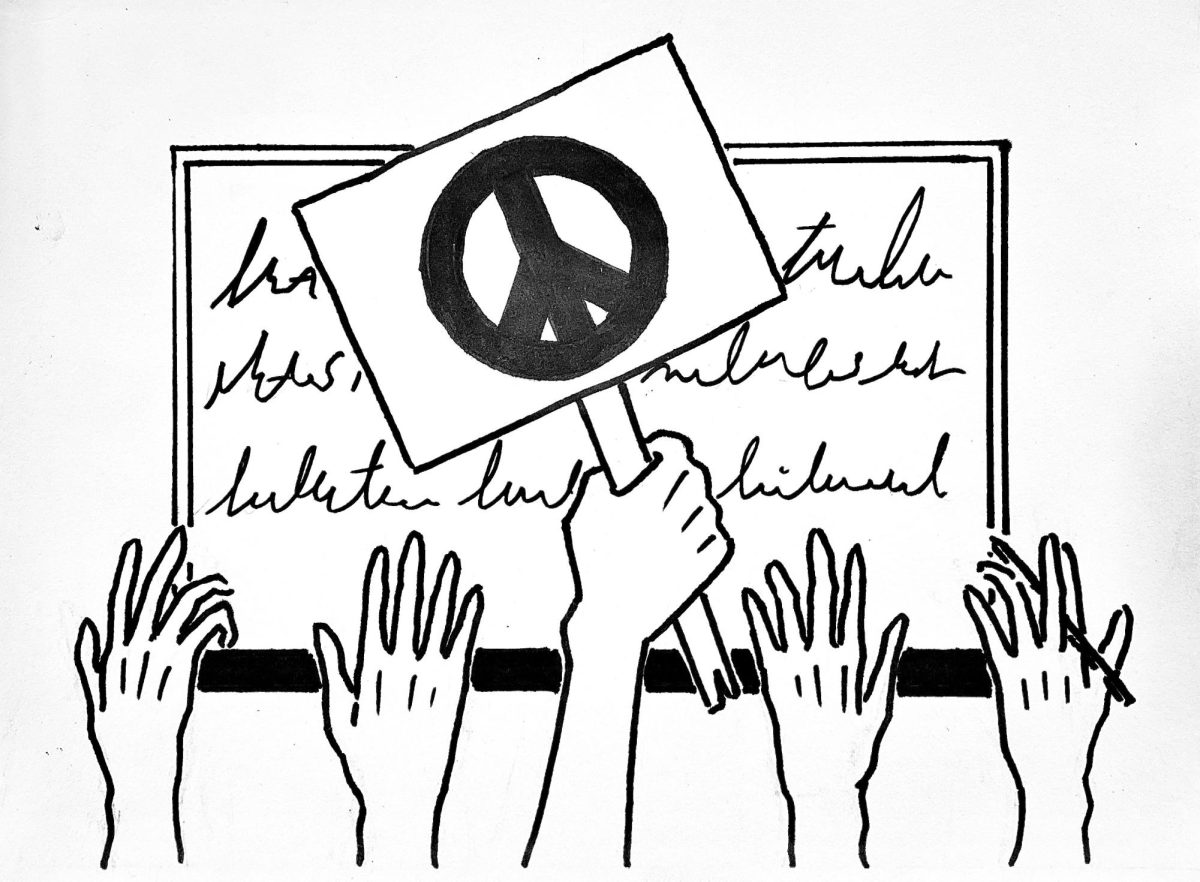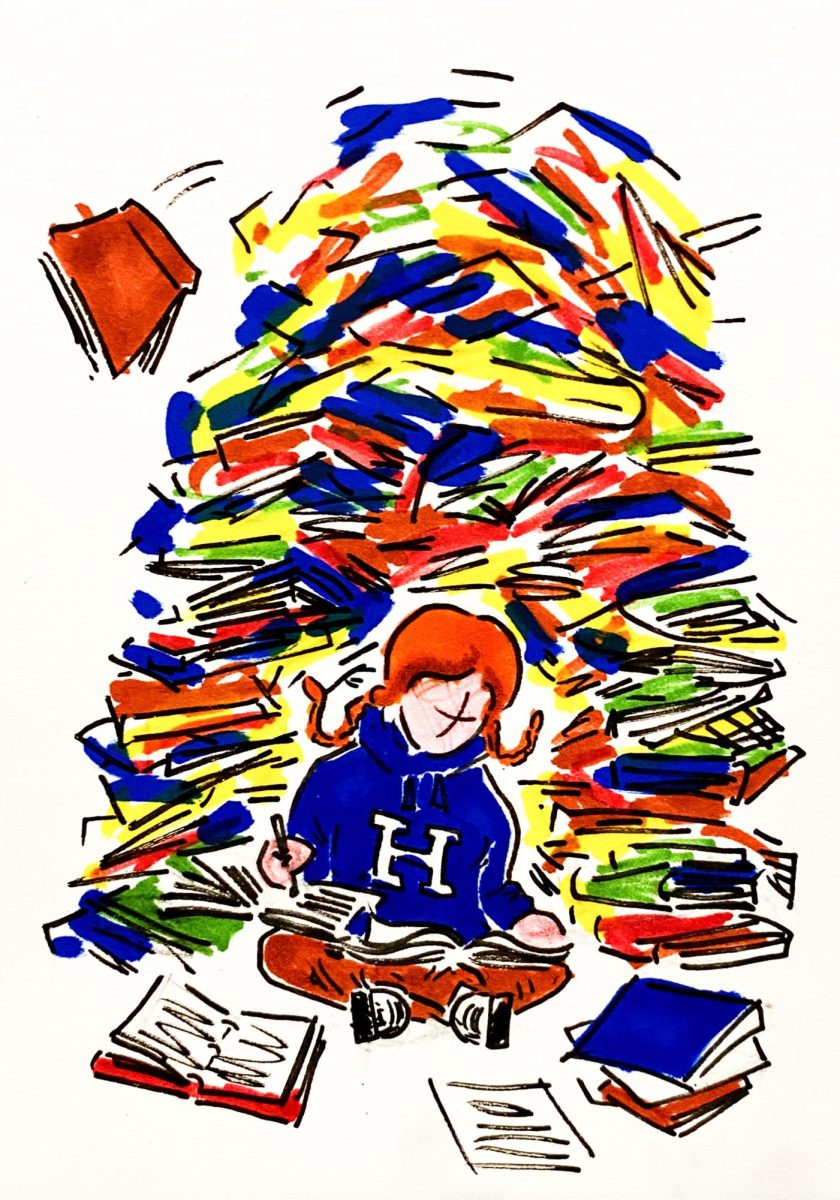We live in a society designed to uplift the privileged and silence the marginalized. Case in point: students from private preparatory schools are often the most equipped with the resources, networks, and funds required to advance their opinions in the real world, even if they’re not necessarily the most capable. This advantage trickles down into social justice movements, producing a landscape where academics assume disproportionally outsized roles in socio-political discourse.
While it’s admittedly optimistic to ask us to completely resolve systemic injustices, I think it’s reasonable to ask those who do benefit from our current system—that is, boarding school youth—to use their privilege to make change. This invites the question: what should activism at boarding schools look like?
The first step to constructive change is nurturing diversity of thought. We are lucky enough to attend a school that champions inclusion, and our identity-based diversity initiatives provide varied opinions in our classrooms that encourage learners to think critically about their own worldviews. But the promotion of one-sided viewpoints within institutions that lack this representation often reifies existing power hierarchies and hampers the possibility for reform.
Students should aim to amass knowledge on politically relevant events before constructing opinions, not the other way around. Overcoming one’s biases requires actively engaging with wider communities that offer perspectives that challenge our assumptions.
Slacktivism is not the answer. By this, I mean the halfhearted social media reposting, online petition signing, and GoFundMe-donating—basically every form of low-level, low-commitment, and low-effort action. Activism conducted exclusively on third-party social media platforms reeks of performativity. Instead, students should take the time to discover what actually generates positive engagement.
There’s not a formulaic shortcut to genuine activism, but the very word gives us a hint: it should be active. To be actively fighting for a cause, there must be an element of struggle and discomfort, which is not present when one simply presses a button on a screen. One immediately thinks of live protests, however, simply sparking a hard conversation can fill the gaps where advocacy is lacking, and will promote the productive community conversations we need to be having.
Finally, although the responsibility to promote genuine activism ultimately rests in the hands of the activists themselves, in boarding schools, administrators and educators have just as strong a duty to shape nuanced dialogues.
Encouraging faculty to practice critical pedagogy (an educational approach that asks students to connect their own experiences to larger systems of power and equity) would help learners more effectively engage in activism by encouraging them to challenge their assumptions and examine their privileges and attitudes. In an environment like boarding school, where educators assume a parental role, it is crucial to engage in a form of teaching that fosters impactful activism and a genuine sense of social responsibility.
At Hotchkiss, critical pedagogy often manifests itself in the Harkness-style conversations of the Humanities department. Teachers use students’ own experiences as a catalyst for understanding the ways in which class material interacts with broader social issues.
Championing either the expansion of critical pedagogical practices or else the restructuring of classroom norms to prioritize them would encourage a shift away from passive learning and towards a style of thoughtful questioning designed to raise students’ consciousness.
Boarding school communities have the responsibility to shape student discourse on campus and prepare students to be leaders. In a world where privilege grants influence, educators and learners must collaboratively create effective engagement and change. Students should choose to participate in dialogues that challenge norms, broaden viewpoints, and produce effective activism within and outside the classroom.







